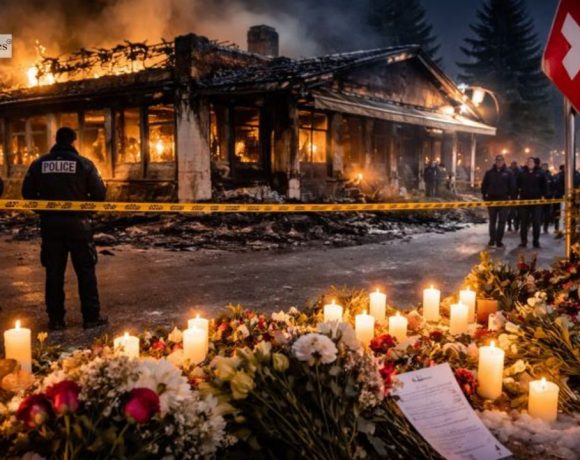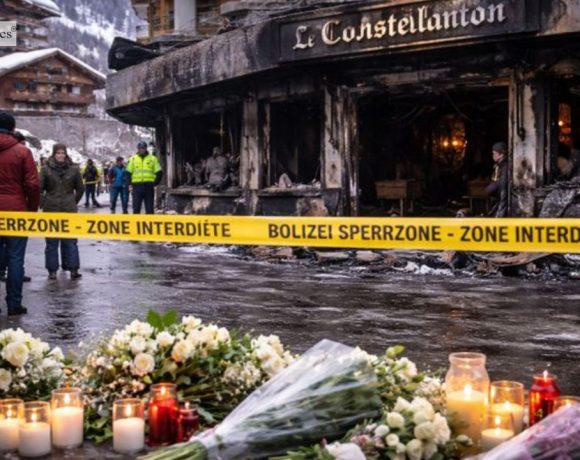
France has announced stricter checks on a range of food imports in response to protests by farmers who argue they face unfair competition from countries with weaker agricultural regulations. The move comes as opposition grows in France to a proposed European Union trade agreement with the South American Mercosur bloc, as well as concerns over livestock disease controls.
Agriculture Minister Annie Genevard said the new measures aim to ensure imported food meets EU standards, particularly regarding the use of banned pesticides and fungicides. France will soon issue a decree suspending imports of products found to contain prohibited substances, including mancozeb, glufosinate, thiophanate-methyl and carbendazim. Fruits and vegetables such as melons, apples, cherries, strawberries, grapes and potatoes will only be sold if they show no traces of these chemicals.
Prime Minister Sebastien Lecornu said any imported product failing to meet these standards would be barred from entering France. While Germany and Spain support the Mercosur deal, critics in France fear it would lead to cheaper imports, especially beef, that do not comply with EU environmental and food safety rules. The government said protecting farmers, public health and fair competition is non-negotiable and urged the European Commission to extend similar rules across the EU.
Pic courtesy: google/ images are subject to copyright









